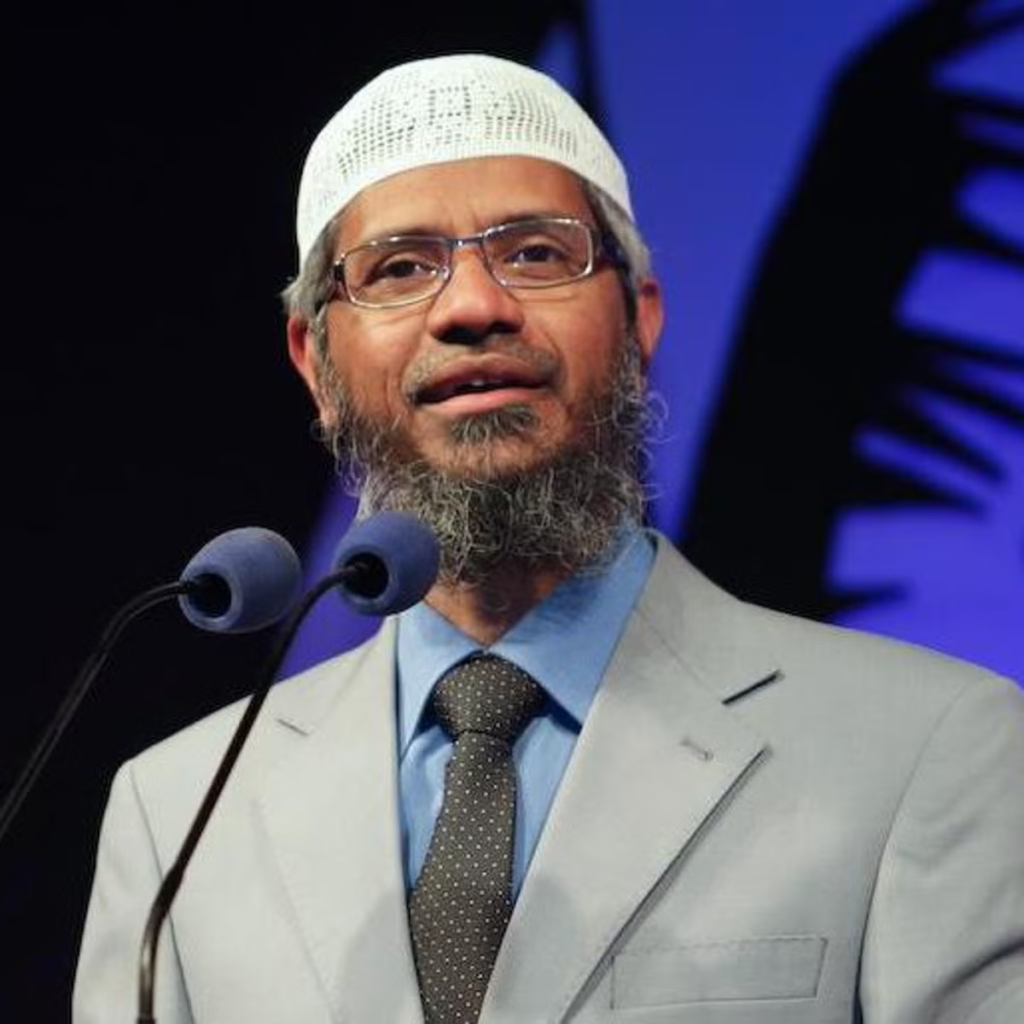Introduction
In a notable turn of events, Malaysia has hinted at a potential reconsideration of India’s request for the extradition of Islamic preacher Zakir Naik, contingent on the presentation of substantial evidence. This development could reshape the diplomatic landscape between India and Malaysia, affecting not just bilateral relations but also regional security dynamics. This article explores the detailed timeline of events, expert opinions, and the broader implications of this shift.

Full Timeline of Key Events
- 2016: Zakir Naik, a controversial Islamic preacher from India, relocates to Malaysia. He is granted permanent residency, and his presence is initially welcomed by Malaysian authorities as a significant addition to the Islamic scholarly community.
- July 2016: India formally requests Naik’s extradition, accusing him of inciting violence and promoting extremist ideologies. The Indian government presents evidence linking Naik to controversial speeches that allegedly inspired acts of terrorism.
- 2018: Under Prime Minister Mahathir Mohamad, Malaysia shows reluctance to act against Naik. The government cites Naik’s status as an asylum seeker and the insufficiency of evidence directly linking him to crimes within Malaysia.
- August 2021: India renews its extradition request with updated evidence. The Indian Ministry of External Affairs asserts that Naik’s activities pose a significant security threat and emphasizes the urgency of his repatriation.
- January 2024: Malaysia’s new administration, led by Prime Minister Anwar Ibrahim, expresses a conditional willingness to review the extradition request. The Malaysian government states that they are open to reconsidering if India provides substantial and actionable evidence.
- August 2024: Malaysia’s Home Minister confirms the ongoing review of India’s evidence. The authorities are in discussions to determine the next steps in the extradition process, aiming for a fair and legally sound resolution.
Expert Opinions on the Matter
- Dr. Ayesha Khan, a South Asian diplomatic analyst, notes, “Malaysia’s readiness to review the evidence marks a significant shift in its diplomatic stance. This could potentially improve bilateral relations and set a precedent for future international legal disputes.”
- Professor Rajiv Malhotra, an expert in international law, comments, “The conditional review reflects a commitment to due process and legal integrity. It underscores the necessity for concrete evidence in handling sensitive extradition cases.”
- Dr. Anwar Ibrahim, Malaysia’s Prime Minister, states, “Our approach ensures that all legal and diplomatic considerations are met. We are committed to a fair review of the evidence provided by India.”
Recent Developments and Latest Information
As of August 2024, Malaysia is actively reviewing the evidence submitted by India regarding Zakir Naik. The Malaysian authorities are taking a meticulous approach to ensure that any decision made aligns with international legal standards and bilateral agreements. This development highlights the evolving nature of international diplomatic negotiations and the importance of evidence-based decision-making.
Conclusion
The ongoing review of Zakir Naik’s extradition request represents a pivotal moment in India-Malaysia relations. Malaysia’s conditional willingness to revisit the case reflects a nuanced approach to diplomacy and legal procedures. As both nations navigate this complex issue, the emphasis will remain on providing substantial evidence and fostering cooperative relations.
For Regular News and Updates Follow – Sentinel eGazette
External Sources
FAQs
- What is the current status of Zakir Naik’s extradition case?
- Malaysia is reviewing the evidence provided by India and has indicated a conditional willingness to reconsider the extradition request if substantial evidence is presented.
- Why has Malaysia changed its stance on Zakir Naik?
- Malaysia’s new administration, led by Prime Minister Anwar Ibrahim, has shown a willingness to review the case based on the new evidence submitted by India, reflecting a shift towards evidence-based diplomacy.
- What evidence is India required to provide for Zakir Naik’s extradition?
- India needs to present substantial and actionable evidence linking Naik to criminal activities that comply with international legal standards to support its extradition request.
- How does this situation impact India-Malaysia relations?
- The conditional review of the extradition request may influence bilateral relations by potentially improving diplomatic ties and setting a precedent for handling similar cases.
- What are the next steps in the extradition process?
- Malaysia will continue its review of the evidence and engage in discussions to determine the appropriate legal and diplomatic actions based on the evidence provided by India.